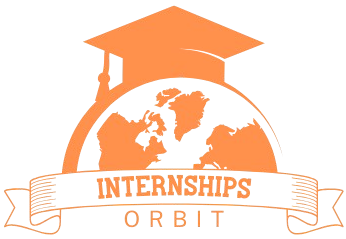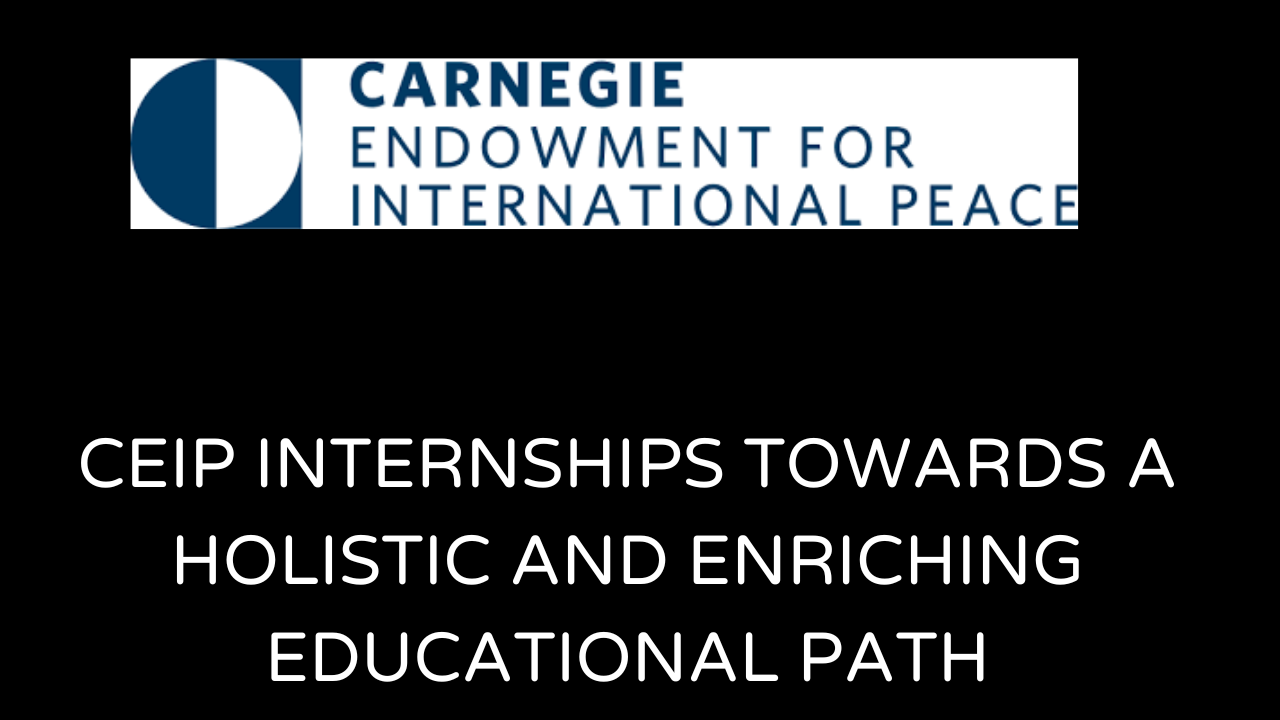The Carnegie Endowment for International Peace (CEIP) is a renowned international affairs think tank dedicated to promoting peace, cooperation, and informed policymaking across the globe. For students and recent graduates passionate about global issues, diplomacy, and public policy, the internship program at Carnegie provides a transformative opportunity to engage with world-class scholars and contribute to meaningful work in the international arena.
Worth a moment of your time: Council on Foreign Relations Internships
About CEIP
Founded in 1910 by Andrew Carnegie, CEIP is one of the oldest and most respected global think tanks. Its mission is to advance peace through independent analysis and policy recommendations on issues such as international security, democracy, economic development, nuclear nonproliferation, climate change, and regional conflicts.
With offices in Washington, D.C., and global centers in cities like Brussels, New Delhi, and Beijing, CEIP operates as a truly international institution. This global reach provides interns a unique perspective on the interconnected nature of modern challenges.
Structure of the Internship Program
CEIP offers internships throughout the year, with the summer program being the most competitive and widely sought-after. Most internships are based in Washington, D.C., though opportunities occasionally arise in the organization’s regional centers depending on program needs and project scope.
Internships typically run for 8–10 weeks, are full-time, and may be paid or unpaid depending on funding availability and location. Interns are placed into specific programs—such as Middle East Studies, Asia, Russia and Eurasia, Democracy and Governance, or Nuclear Policy—and are assigned to work alongside scholars, fellows, and support staff. Each program focuses on a distinct aspect of international relations or policy development, allowing interns to dive deeply into an area of interest.
Job Scope and Obligations
Interns at Carnegie are not confined to administrative tasks. Instead, they are fully integrated into the research and policy development process. Some of the key responsibilities include:
- Conducting research for policy papers, blog posts, and scholarly publications.
- Summarizing key developments in international affairs, including political changes, conflicts, and diplomatic negotiations.
- Preparing background materials for senior fellows and staff before public events or meetings with policymakers.
- Supporting public events, including speaker forums, panel discussions, and briefings.
- Editing and fact-checking policy documents and media pieces.
- Occasionally assisting with data analysis, visualizations, and project management.
The experience fosters intellectual growth and helps interns develop a nuanced understanding of how policy decisions are influenced and implemented at the national and international levels.
Ideal Candidate Profile
CEIP seeks motivated, thoughtful, and globally minded individuals who are passionate about international affairs. While specific qualifications vary by program, strong candidates usually exhibit the following:
- Enrollment in or recent graduation from an undergraduate or graduate program in international relations, political science, economics, regional studies, journalism, or related fields.
- Excellent research, writing, and analytical skills.
- A demonstrated interest in international issues, peacebuilding, diplomacy, or public policy.
- Ability to work independently and in a team-based environment.
- Foreign language skills and regional expertise are often advantageous, especially for roles related to the Middle East, Asia, or Russia.
Though prior policy experience is not required, successful applicants typically show academic excellence and a deep curiosity about world affairs.
Formal Submission Path
Applications are submitted online through CEIP’s official website. Candidates are usually asked to provide:
- A resume highlighting academic and professional achievements.
- A cover letter outlining interests, qualifications, and alignment with a specific program.
- A writing sample that reflects the applicant’s research or analytical ability.
- Occasionally, transcripts or letters of recommendation.
It is recommended that applicants tailor each submission to the specific program they are applying for. For example, if applying to the Asia Program, referencing current regional issues or relevant coursework can strengthen the application.
Deadlines for summer internships typically fall between December and February, though this can vary based on the program and year.
Benefits and Career Impact
The Carnegie internship offers more than just experience—it’s a career-launching platform. Interns benefit from:
- Hands-on exposure to international policy research and strategy.
- Mentorship from leading scholars and policy experts.
- Networking opportunities with professionals from the State Department, embassies, NGOs, and the media.
- The chance to attend high-level briefings, panel discussions, and closed-door policy forums.
Alumni of the internship program often go on to work for governments, international organizations, think tanks, graduate programs, and journalism outlets. The internship serves as both a prestigious credential and a training ground for future leaders in international affairs.
In Closing
An internship with the Carnegie Endowment for International Peace is more than just a line on a resume—it’s an immersive experience that equips aspiring policy professionals with the tools, insights, and connections needed to make a meaningful impact on the world stage. CEIP provides a rich environment to explore and grow your passion for global peace and cooperation.
Official Website
The details align best on the main website.

